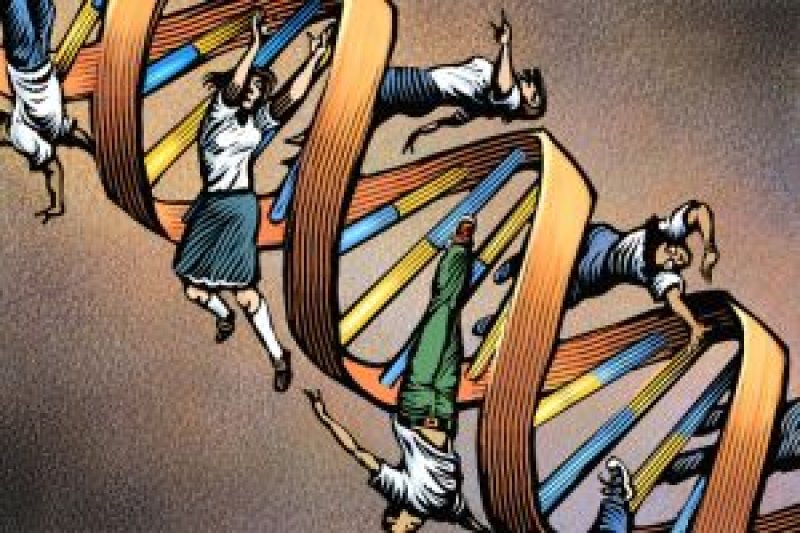The term tongue twisting comprises rolling, folding, rotating, adjusting, and turning of the tongue…All aspects of a person are in some way influenced by genetics. Likewise, the tongue structure or its movement is controlled by one’s respective gene pattern…Tongue twisting is not a genetic disease or disorder, but a unique activity by a person using his tongue.
…
The early history of tongue genetics stated that the ability of tongue twisting is due to the influence of traits…The tongue rolling ability occurs due to the influence of a dominant allele of the gene. A person who has either one or two copies of the dominant allele will be able to twist their tongue. In the case that a person is born with two recessive alleles, they cannot twist their tongue. In most cases, parents with a twisting-tongue ability can give birth to non-tongue twisters, and vice versa.
…
After a long-drawn out struggle, geneticists and researchers have finally proved that tongue twisting does not occur by genetic transformation. Genetic inheritance has only a minimal role to play in tongue twisting skills.
The GLP aggregated and excerpted this blog/article to reflect the diversity of news, opinion, and analysis. Read full, original post: Genetics of Tongue Twisting































